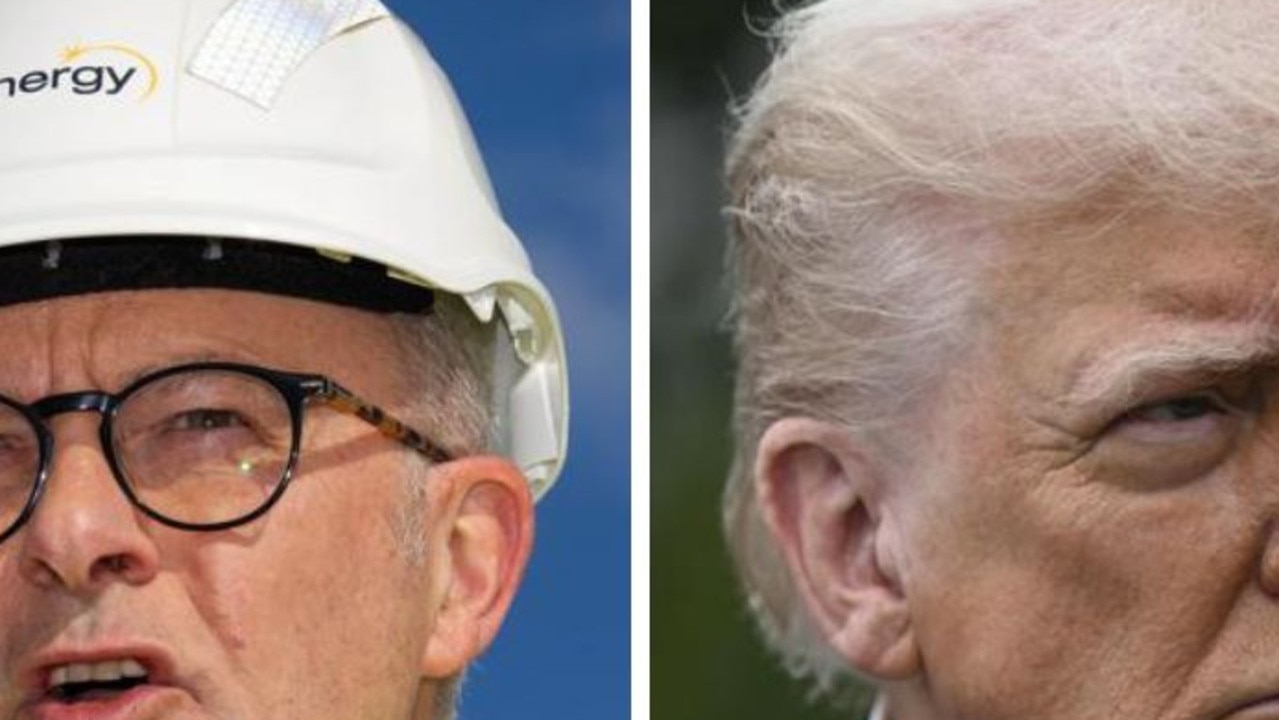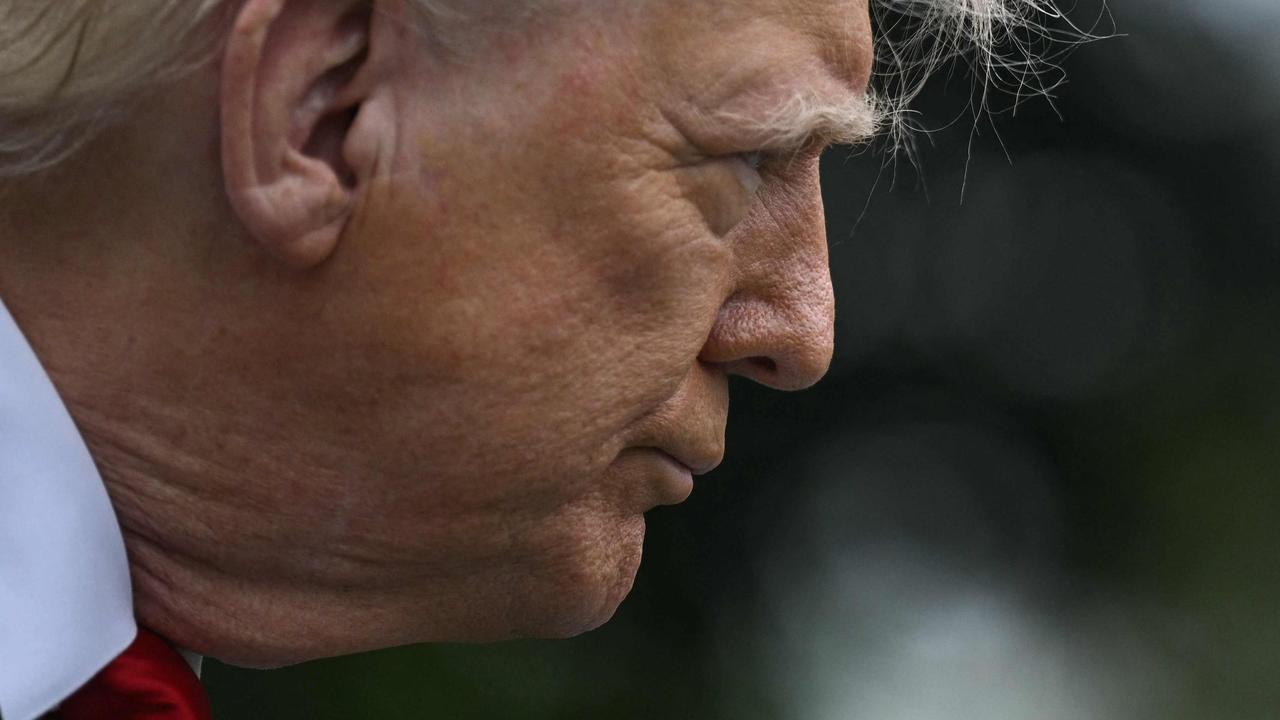Sochi's time to shine: Will the most expensive Olympics ever be a success?
BIG READ: IT'S cost more money than any other Olympics but will Sochi overcome terror threats and political controversy to shine on the global stage?
PALM trees have been planted near futuristic-looking stadiums, lush green sods of grass placed over muddy patches near newly built hotels, and the finishing touches put on a festive park that bears a striking resemblance to both Disneyland and Six Flags.
Russia, at least cosmetically, appears ready for the 2014 Winter Olympics, a February 7-23 spectacle expected to bring 6,000 athletes from more than 85 countries and an estimated 10,000 American spectators to Sochi, a once-sleepy resort town on the Black Sea.
CLICK HERE FOR THE BEST OF NEWS CORP'S SOCHI COVERAGE
But can fun times and feel-good competition emerge from the threat of terrorism, cloud of corruption, controversy over Russia's anti-gay laws, and the challenge of hosting a winter sports festival in a subtropical region?
Russian President Vladimir Putin is banking his reputation on it.
He brought the games to this unofficial summer capital for Russia's vacationing political elite by waging a successful charm offensive on the International Olympic Committee members who chose Sochi. He then remade the area through force of political will and an estimated $50 billion that makes these the most expensive Olympics in history.
"Putin considers the event to be a demonstration of Russia's post-Soviet potential and its growing role on the international stage, as well as visible proof of his success in overcoming the political chaos that followed the dissolution of the USSR,'' Sergey Markedonov, a visiting fellow at Washington's Center for Strategic and International Studies, said in his analysis of the winter games.
"The Sochi Winter Olympics have also been interpreted by some as an integral part of Putin's return to the presidency - an attempt to secure domestic support and prestige.''
However, a confluence of controversy could potentially crash Putin's party.
More than 300 miles separates the Olympics' glistening state-of-the-art arenas and snow-covered slopes from Chechnya, the scene of two bitter civil wars, home of anti-Putin Muslim rebels, and the homeland of the family of the two Boston Marathon bombing suspects.
"I don't think ever has a Winter or Summer Olympic Games been held in a place so close in proximity to a region - the Northern Caucasus - which is so rife with conflict, instability and acts of violence, many of them terrorist acts,'' said Andrew Kuchins, director of the Russia and Eurasia program at the Center for Strategic and International Studies. "It's a pretty risky play for Putin. The jihadists, they would like to spoil Putin's party in Sochi. That would be the Holy Grail.''
The potential for danger was reinforced in December when suicide bombers detonated themselves in a crowded bus and a railroad station in Volgograd, a city about 640km north of Sochi, killing 32 people.
Last July, Doku Umarov, a Chechen rebel leader, released a video over the internet that implored his followers to use "maximum force'' to disrupt the Winter Olympics and referred to the games as "satanic dances on the bones of our ancestors".
Putin has promised to place a "ring of steel'' around the Olympics to shield athletes and spectators from terrorist acts. Government officials have deployed an estimated 100,000 security personnel under the direction of Russia's Federal Security Services (FSB), according to a study done by Stratfor, a Houston-based global intelligence agency.
In addition, aerial drones will patrol the skies around Sochi, boats will be on patrol in the Black Sea, phone calls and computer activity within Sochi will be heavily monitored, and Russian Cossacks will walk the streets during the games to keep an eye out for trouble.
Russia's security efforts received a vote of confidence this week from IOC President Thomas Bach.
"I'm sorry to tell you I'm sleeping very well,'' Bach told reporters in London when asked about security at the games.
But US officials are still suffering insomnia. The State Department recently issued a travel alert for the Russian Federation, reminding travellers of the terrorism threats to the Olympic Games.
A senior administration official acknowledged last week that athletes had been advised to consider not wearing their USA uniforms outside the Olympic perimeter.
"If you're an American athlete, you probably don't want to advertise that much outside the Olympic venues,'' on senior administration official told reporters. "It's just good common sense.''
Some US lawmakers are urging American spectators to think twice about going to Sochi.
"If I were an athlete, I would go, I'm almost certain,'' said Rep. Peter King (R-NY) former chair of the House Homeland Security Committee. "But as a spectator, no, I would not.''
But Rep. Michael McCaul (R-Texas) the current homeland security committee chairman, told CBS' "Face the Nation'' that "If we do not support our team and show up, I think the terrorists are winning.''
"Having said that, I would say that the security threat to this particular Olympics is the greatest I've ever seen.''
Russia also faces potential blowback from lesbian, gay, bisexual and transgender and human rights activists over an anti-propaganda law, widely viewed as anti-gay, and for the alleged abuse of workers who built the Olympic arenas, villages, and other venues.
Last year, Russia approved a law which prohibits individuals from promoting "homosexual behaviour'' and spreading "propaganda of non-traditional relations'' among minors, subjecting violators to fines and possible incarceration.
LGBT and human rights groups aren't sure how Russian officials will react if there are individual or group protests to the law in Sochi or other parts of the country. Russian and IOC officials have repeatedly stated that the law won't be a problem during the games.
Still, Rachel Denber, deputy director for Europe and Central Asia for Human Rights Watch, said, "It's not clear what happens if people at the games decide to be out or hold hands in public.''
Sochi Mayor Anatoly Pakhomov told the BBC last week that gay people are welcome at the games as long as they "respect Russian law'' and "don't impose their habits on others.''
Pakhomov added that Sochi doesn't have gay people "in our city".
In December, the IOC announced that Sochi will have designated public zones where protesters can demonstrate, similar to areas established at the 2008 Summer Olympics in Beijing and the 2010 Winter Games in Vancouver.
But some world leaders have chosen to protest the law by not attending the opening or closing ceremonies of the Sochi games because of the anti-propaganda law.
President Barack Obama is skipping Sochi and is instead sending a low-level official US delegation to the games that includes three gay members - tennis great Billie Jean King, Olympic gold medal-winning figure skater Brian Boitano, and US women's ice hockey player Caitlin Cahow.
Human rights activists and Russian political watchdogs have a bone to pick with Putin over the building up of Sochi for the games.
Russia spared no expense. The estimated $50 billion price tag exceeds the $43 billion China spent on the larger 2008 Summer Games; the $13 billion London spent on its Summer Olympics; and the $8.9 billion bill for the Vancouver Winter Games.
Putin dismisses the $50 billion figure, but concedes that Russia had to build a Winter Olympics from scratch, converting summertime Sochi into a winter wonderland.
Indeed, the area smacks of newness, from highways to a high-speed rail line that links seaside Sochi to the mountains and Krasnaya Polyana, formerly a quaint resort village converted into a high-end ski town with new hotels and eateries.
At sea level in Sochi's Adler district, new arenas dominate a skyline dotted with hotels, villages, and entertainment centres that didn't exist prior to Russia securing the games in 2007.
"It's very exciting,'' said David, a longtime Sochi resident who's working in the hospitality services during the games. He declined to give his last name. "Everything new. Before this, it was nothing.''
But critics complain that Putin's allies and business oligarchs managed to line their pockets in the Olympics construction frenzy. Many point to a new $8 billion stretch of highway that connects Sochi to Krasnaya Polyana as evidence of excess and corruption.
Leonid Martynuk and Boris Nemtsov, staunch Putin opponents, authored a report last May charging that $30 billion of the Olympics budget went missing in "kickbacks and embezzlement.''
"An absence of fair competition, clan politics, and the strictest censorship about anything related to the Olympic Games have led to a sharp increase in costs and a low quality of work,'' their report said.
Even putting the games in Sochi, where the February temperature is about 8C, seemed like a curious choice.
"It's hard to find a place on the map of Russia where there hasn't been snow and where winter sports are not developed,'' Nemtsov wrote in his report. "But Putin found such a spot and decided to hold the Winter Olympics there. It's the city of Sochi.''
Human rights activists claim that much of the work done for the Olympics was mostly done by foreign labourers, often under inhumane terms and conditions, according to a report last year by Human Rights Watch. The 67-page report contends that migrant labourers had their passports confiscated, were forced to work 12-hour shifts seven days a week, were paid between $1.80 and $2.60 an hour, and lived in overcrowded conditions.
Putin has shrugged off the allegations.
"I do not see serious corruption instances for the moment, but there is a problem with overestimation of construction volumes,'' Putin told the BBC in January.
In the meantime, Russian officials and the Olympic athletes hope that all these potential problems fade away once the games begin.
"They're trying to make it as safe as possible and as fan-friendly as possible,'' David Backes, a returnee on the US men's hockey team and captain of the St. Louis Blues. "With all the man hours being put in from the Russian government we expect it's going to be a safe area and going to be another amazing Games.''



